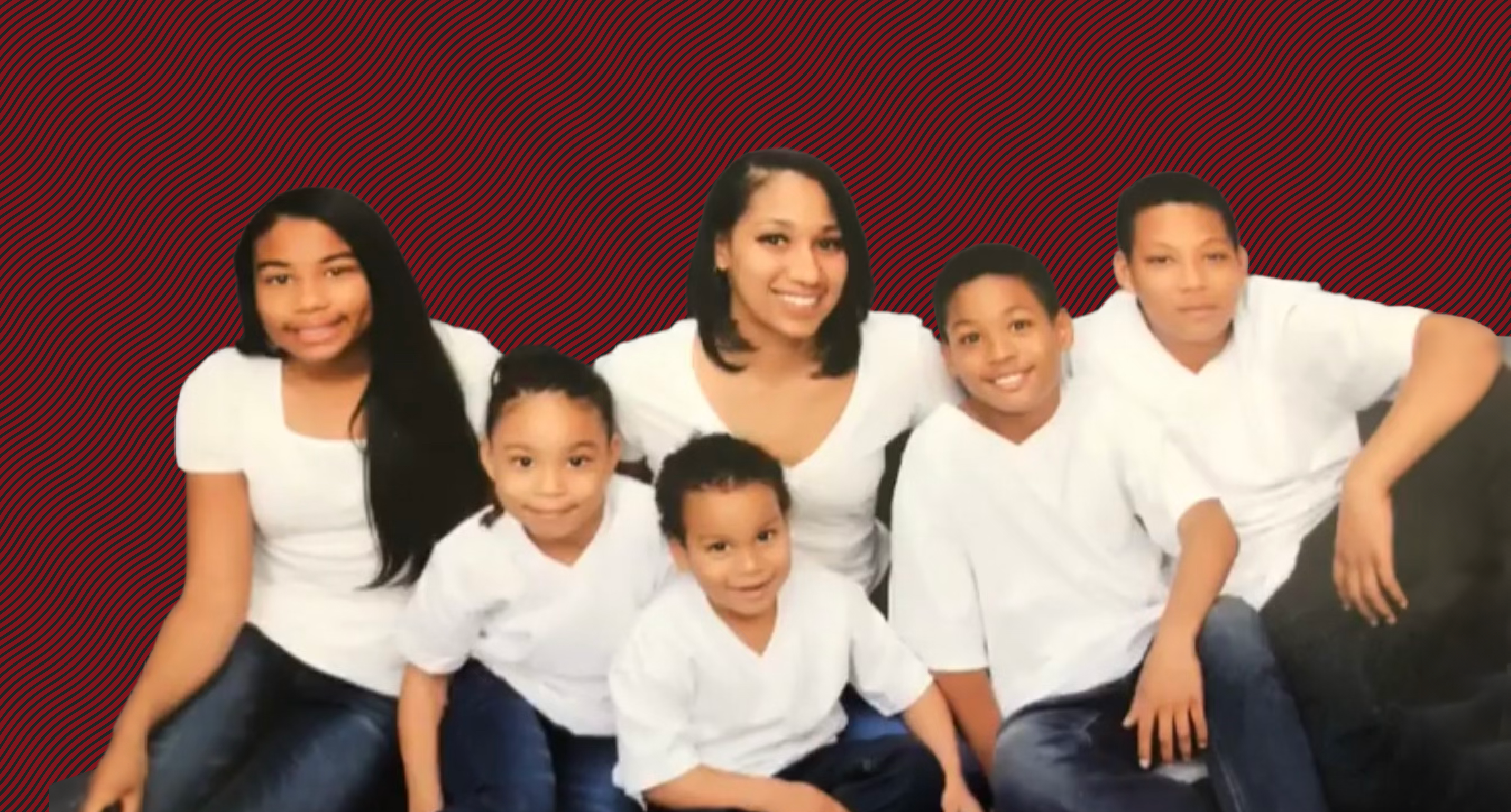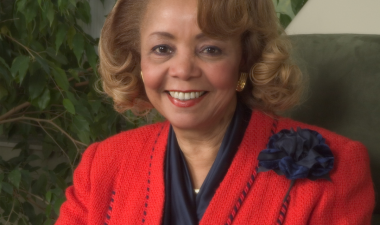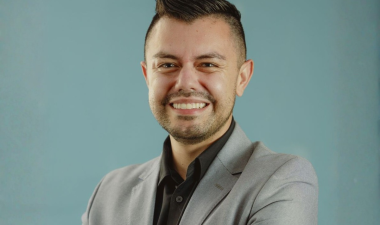Laurie Grace had hit rock bottom. Trying to support her five children, then aged 10 to 17 and working toward a liberal arts degree from Stanislaus State after fleeing an abusive husband, she’d been homeless for three months waiting for public assistance.
She sat in her car crying, contemplating dropping out of school. She didn’t know where to turn.
One of her communication studies professors, Dan Carranza, who’d had her in a previous course, knew something was wrong. She wasn’t attending class or turning in assignments as she had previously done.
When Grace told Carranza of her plans to drop out of school, he reached out to the StanCares team, which receives reports regarding the well-being of students and tailors its response based on the key concerns brought to its attention. He also directed her to Basic Needs.
“He said, ‘Reach out to Basic Needs,’” Grace said. “I thought, nobody is going to help me. Who helps people in the world? But I reached out. They called me back and said, ‘We want to help you.’”
Specifically, Leticia Caballero called her. Caballero was hired in August 2022 as the Stockton Basic Needs lead to give the program — which provides valuable resources to help students address food, housing, and/or financial insecurity — a full-time presence at the Stockton Campus.
“I had just started here,” Caballero said. “There were not a lot of people around. We were still coming out of COVID restrictions. She had come by our newly opened food pantry, but when we received information from a professor, I invited her to come into my space. I could tell she was tired. I wanted to alleviate that. I come from a low-income background. It’s not easy. I’m very empathetic.”
That trait made Caballero an ideal selection to build the Stockton Campus Basic Needs services, to “replicate as many of the services that are offered in Turlock on the Stockton Campus,” she said.
The Warrior Food Pantry now has a permanent home in Stockton with both drop-in hours and an appointment system. Housing services are a unique challenge. There is no on-campus housing as there is in Turlock. Still, Caballero was able to get Grace and her children into an Airbnb until the paperwork on permanent housing went through.
Other additions to the Stockton Campus, including a Counseling and Psychological Services counselor, and this year, a dean of students, Caballero said, may help extend the reach of Basic Needs services.
Informational posters hang in every classroom on the Stockton Campus to let students know of available services, and Caballero tables every week on campus. The number of students she sees accessing services has grown. Grace, who had an extraordinary journey, was one of the first to find Caballero.
Grace was placed in the foster care system at 5 when she wet herself and her mother sat her in the bathtub and poured boiling water on her. The experience infected her toes. They developed gangrene and had to be amputated. She underwent reconstructive surgery and had to learn to walk again.
“I was tossed around the system,” Grace said.
She graduated from Franklin High School two years early. She had the units, and administrators wanted her out, because she got into fights at the school.
“I wasn’t allowed to walk across the stage,” she said.
Aged out of foster care at 18, Grace said she latched onto the first person to show her love.
She settled into being a wife and mother. She was abused, she said, by a husband, whom she said was a convicted drug dealer who served time in prison.
“I was locked in a room, and he tortured me for two hours while the kids were outside,” Grace said. “I took a shower and tended my wounds. I got my kids and left and had to figure out what to do with myself.”
She said no adults in her life ever encouraged her. Foster parents, teachers and school administrators saw her as a problem and convinced her she would never amount to anything beyond prostitution, drug dealing or gang life on the streets.
“They told me I couldn’t have a career or be a successful woman. That didn’t have to be my story,” Grace said. “Circumstances don’t define who I become.”
She put her intelligence to work for her.
She got A’s and B’s at San Joaquin Delta College and earned associate degrees in liberal arts and communication studies.
“That’s when people started noticing I was smart,” Grace said. “They said, ‘You’re a foster kid, a single mom who’s been through all this and you’re here getting A’s and B’s? Why don’t you think about going to a university?’”
Grace assumed it was beyond her financial means but learned about different financing options. She took out some loans, and now works at Amazon, a company that pays tuition for its employees.
There are still challenges. One day her younger children stayed home from school because Grace didn’t have gas in her car to take them. Bills can be overwhelming.
She’s in assisted housing now, and she continues to be supported by Basic Needs, using the Warrior Food Pantry on both campuses.
“Doors are opening,” Grace said. “God keeps me going, moving barriers out of my way. I keep on going. I’m not going to quit my classes. I work full time, I’m a full-time mom, I’m single, and I have no family. I want to be a full-time student. I feel I can do it.
“I’m going to graduate and become a teacher and tell little kids, ‘You can do it. It doesn’t matter what your circumstances are.’ I want to be a light for a child in darkness.”
She already is. Her twin daughters, 17-year-old seniors at Edison High, attended Warrior Expo and have applied to Stan State and hope to live on the Turlock campus together in the fall.
Grace has reason to hope that will happen. A lifetime of being told she wouldn’t succeed, of having no family support, turned around that day Leticia Caballero called her.
“I went in skeptical,” Grace said. “I’ve been let down so much. Leticia said, ‘I’m going to help.’ She was positive, happy, bubbly. I was depressed and guarded. I didn’t want to tell her too much; I wanted to see what she was about before letting her know me or that we were struggling. I’m 38. I have kids. I was self-conscious.
“She was so on it, so eager to help. She said don’t worry about money. This is how it’s going to happen. She got on the phone and said, ‘This is what we need to do.’ She made it happen. I picked up the kids and we went to this Airbnb, and it was, ‘Oh my God, there’s a bathroom. We can take a shower. There’s an oven and we have food.
“How did this happen? My school did it. Stan State really cares.”
Support the Stan State California Faculty Association Campus Cares Fund your gift — your gift will be a beacon of hope for students facing adversity and fuel stories of triumph.



